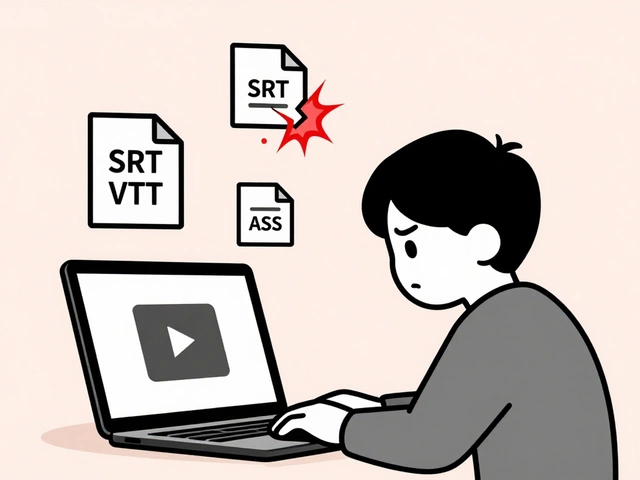Antibiotics: What You Should Know About Their Role and Use
Antibiotics are powerful medicines used to fight bacterial infections. They don't work on viruses like the common cold or flu, so it's important to use them only when they're needed. Misusing antibiotics can lead to a big problem called antibiotic resistance, where bacteria change and stop responding to treatment. This makes serious infections harder to cure and can affect everyone.
When Should You Use Antibiotics?
If your doctor confirms that you have a bacterial infection, antibiotics can be life-saving. Infections like strep throat, urinary tract infections, or some skin infections usually need them. But if your illness is caused by a virus or if the infection is mild, antibiotics won't help and might do more harm than good. Always follow your healthcare provider’s advice and never pressure them for antibiotics if they're not needed.
How to Use Antibiotics Safely
When prescribed antibiotics, take the full course exactly as your doctor directs. Stopping too soon can leave some bacteria alive, allowing them to become resistant. Don’t save antibiotics for next time or share them with others — each infection can be different. If you experience side effects or feel worse, tell your doctor instead of making changes on your own. Responsible use helps keep antibiotics effective for everyone.
Understanding antibiotics helps you get the right treatment and avoid common pitfalls. Remember, these medicines are a tool, not a cure-all. Use them wisely and ask questions whenever you’re unsure about your treatment plan.
16
Antibiotic Resistance: Causes, Impact & How to Protect Your Health
Discover what antibiotic resistance means, why it threatens your health, and how simple steps can make a big difference. Get facts, stats, and easy tips.
Latest Posts
Categories
Tags
- streaming services
- video editing
- video production
- parental controls
- Max streaming
- video editing software
- marketing mix
- subscription management
- streaming apps
- video editing tips
- tips
- ROI
- video marketing
- video editing tools
- marketing strategy
- Premiere Pro
- family viewing
- classic cinema
- Kurosawa
- streaming setup




